
10,49 €
inkl. MwSt. und vom Verlag festgesetzt.
Sofort per Download lieferbar
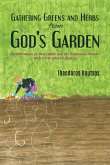
3,99 €
Sofort per Download lieferbar
eBook, ePUB
30. Oktober 2020
Austin Macauley Publishers Ltd
Ähnliche Artikel

8,49 €
inkl. MwSt. und vom Verlag festgesetzt.
Sofort per Download lieferbar

2,99 €
Sofort per Download lieferbar
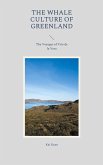
1,99 €
inkl. MwSt. und vom Verlag festgesetzt.
Sofort per Download lieferbar
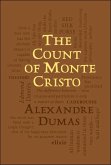
4,94 €
inkl. MwSt. und vom Verlag festgesetzt.
Sofort per Download lieferbar

19,99 €
inkl. MwSt. und vom Verlag festgesetzt.
Sofort per Download lieferbar
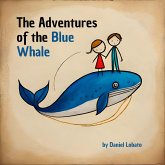
2,49 €
inkl. MwSt. und vom Verlag festgesetzt.
Sofort per Download lieferbar

8,99 €
inkl. MwSt. und vom Verlag festgesetzt.
Sofort per Download lieferbar
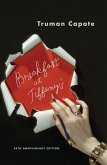
9,95 €
Sofort per Download lieferbar

8,99 €
inkl. MwSt. und vom Verlag festgesetzt.
Sofort per Download lieferbar
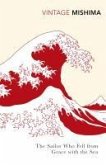
8,99 €
inkl. MwSt. und vom Verlag festgesetzt.
Sofort per Download lieferbar
Ähnlichkeitssuche: Fact®Finder von OMIKRON
